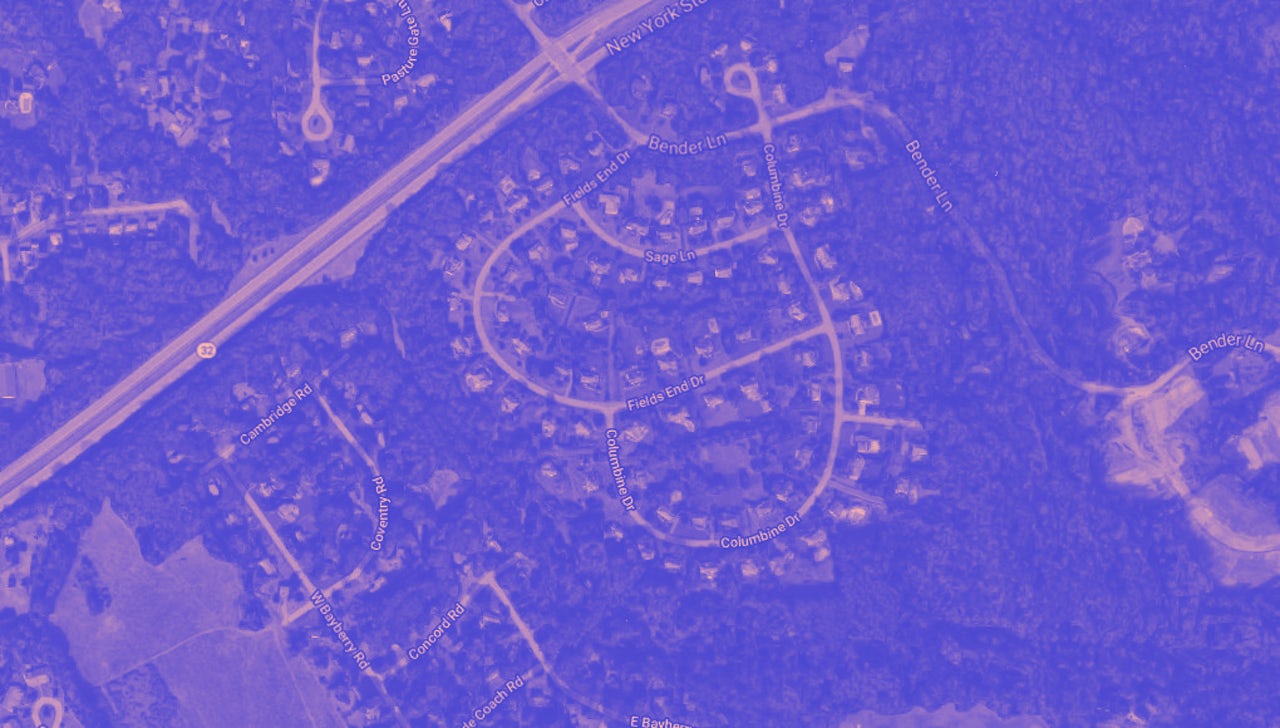Crowdfunding services like GoFundMe have rushed into the gap between people’s need for medical treatment and their insurance over the last few years, to the point that medical fundraising has become one of the primary uses for those platforms. But alongside this gap-filling has come fundraising for scientifically unsupported treatments, according to a new letter from researchers in the Journal of the American Medical Association. In two years, from November 2015 to November 2017, over a thousand campaigns seeking money for things like homeopathic treatments for cancer raised $6.8 million.
The authors sorted through all of the campaigns on crowdfunding sites including GoFundMe, CrowdRise, and FundRazr; 98 percent of the campaigns they found to be raising money for unsupported treatments were on GoFundMe. Using various search terms, they looked for campaigns that were raising money in any of five different categories: “homeopathy or naturopathy for cancer, hyperbaric oxygen therapy (HBOT) for brain injury, stem cell therapy for brain injury and spinal cord injury, and long-term antibiotic therapy for ‘chronic Lyme disease.’”
A prior study conducted a few months ago focused on fundraising for stem cell therapy, another unsupported treatment, found that fundraisers had managed to collect $1 million. By widening the search, the authors of this new JAMA study showed that “medical crowdfunding is being used for multiple problematic treatments… Assuming that the funds raised are spent to pay for these treatments,” they wrote, “donors indirectly contributed millions of dollars to practitioners to deliver dubious, possibly unsafe care.”
GoFundMe is notable as a fundraising platform not just for funneling money to doctors who take advantage of patients in this way, but because it does not require fundraisers to return any of the money they raised if their goal is not met. Per the study, the campaigns in question had actually sought to raise a total of $27.3 million.

